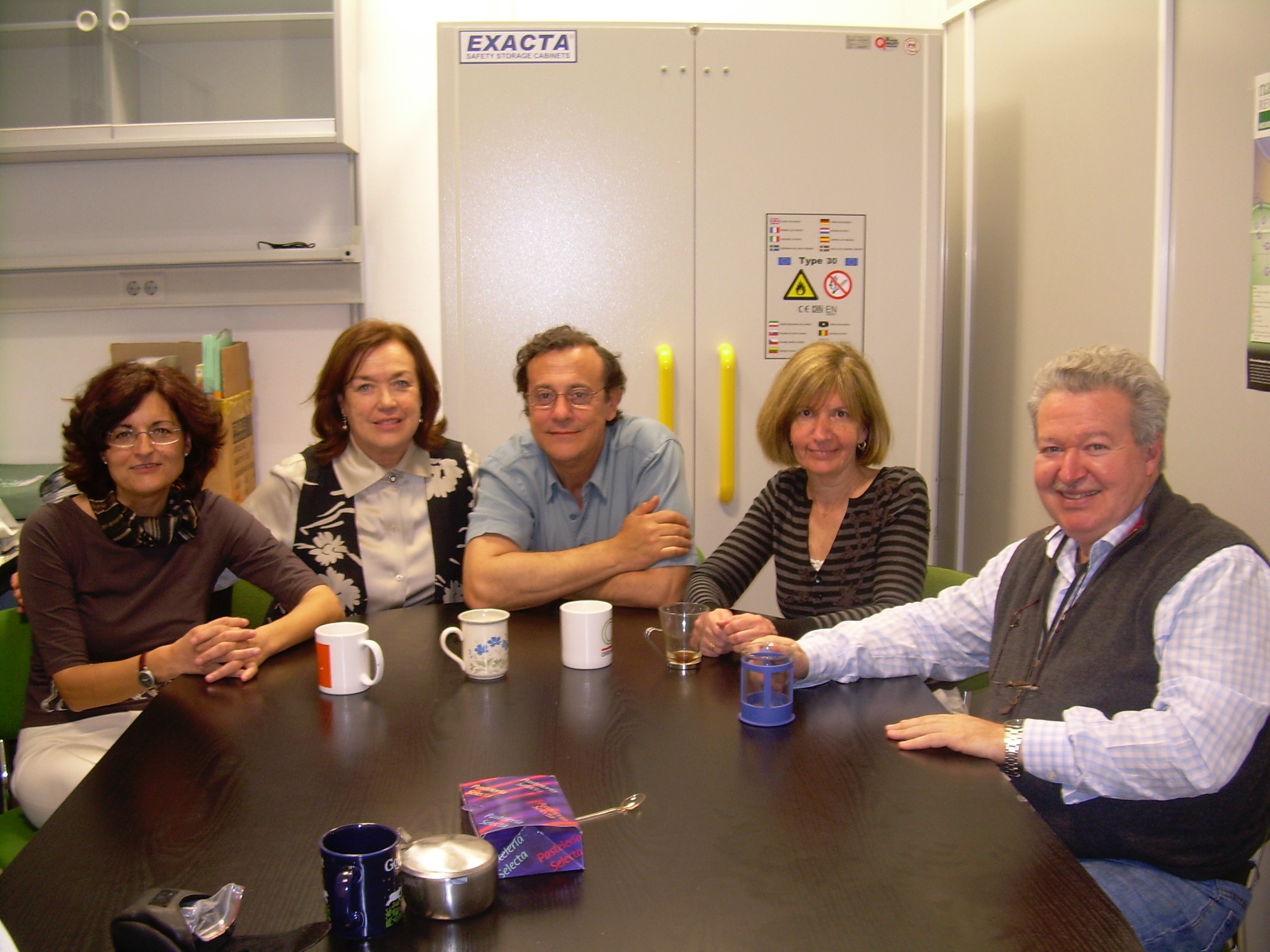
On June 9, Pablo Hernández Valenzuela, a beloved and respected scientific researcher at the Margarita Salas Center for Biological Research (CIB-CSIC), suddenly died. His scientific career began at the CIB, where he completed his doctoral thesis under the direction of Prof. Jorge López Sáez. Subsequently, he enriched his training with a postdoctoral stay in the group of Dr. Jack Van't Hof at Brookhaven National Laboratory. In 1988, upon returning to Spain, he joined the newly formed Molecular Biology of Chromosomes group with Bernardo Schvartzman.
Pablo focused his scientific interest on studying DNA replication, damage, and repair in eukaryotes. Among his numerous contributions, the discovery of replication barriers in ribosomal genes that prevent the collision between the replicative and transcriptional machinery stands out, a crucial finding that proved to be a universal mechanism in eukaryotes. Recently, he focused on analyzing, at a genome-wide level, how cells deal with DNA topological challenges during basic transactions such as RNA transcription, DNA replication, and segregation. In this new stage, he collaborated closely with his wife, Adela González de la Campa, a CSIC researcher assigned to the Carlos III Institute, an institution where Pablo had moved a few months ago.
Pablo was a rigorous scientist, known for his dedication and depth in his analyses. He was generous with his time, always willing to offer detailed explanations and engage in long discussions about science and other topics of daily life. His colleagues, friends, and interns will fondly remember those endless, sometimes vehement conversations that enriched both the professional and personal environment. There was also no shortage of good humor: his intelligent, ironic, and funny comments enriched the privileged people who shared time and space with him.
From the CIB we want to send a loving memory to his wife Adela and his children Miguel and Alicia.
Debora Krimer

